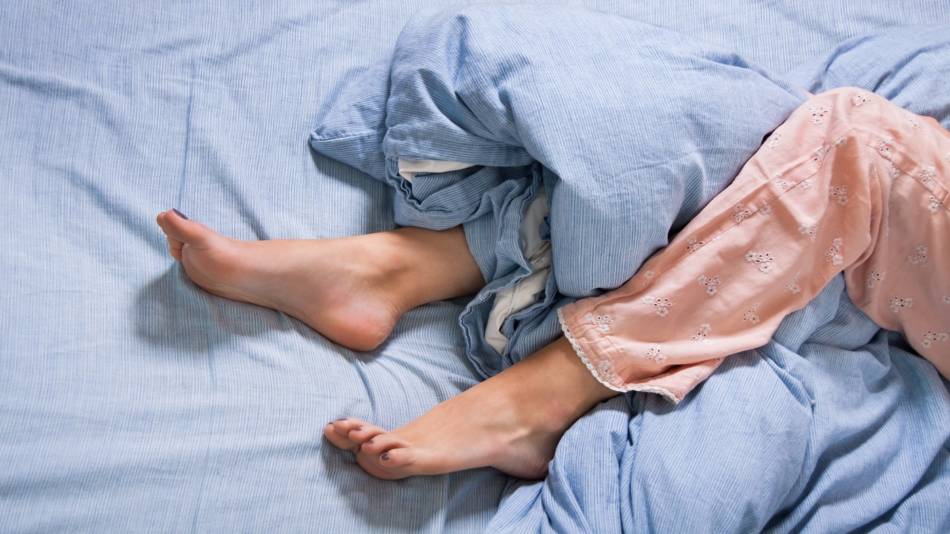
Answer:
Smaller studies suggest a possible role of some supplements in reducing the symptoms of restless legs syndrome (RLS), a condition that causes uncomfortable "creepy-crawly" sensations, agitation, and the need to move the legs when trying to fall asleep. Women are twice as likely to suffer from restless legs syndrome than men, and it occurs more often with increasing age (Wang, Sleep Med 2009). People with deficient or low blood levels of iron are more likely to experience RLS than other people.
Be aware that RLS can occur as a result of kidney or liver disease, and people with these conditions should consult with a healthcare professional before taking supplements (Cotter, Ther Clin Risk Manag 2006; Franco, J Clin Sleep Med 2008).
Sign in as a member to learn about other supplements promoted to treat RLS, including iron, GABA (gamma-aminobutyric acid), magnesium, melatonin, potassium, and valerian.
Join today to unlock all member benefits including full access to all CL Answers and over 1,400 reviews.
Join NowAlready a member? Sign In Here.
Join now at www.consumerlab.com/join/










Submit your comment
This feature is restricted to active members.
Join now to add comments and get all member benefits, including over 1,400 reviews.
Join NowAlready a member? Sign in here.